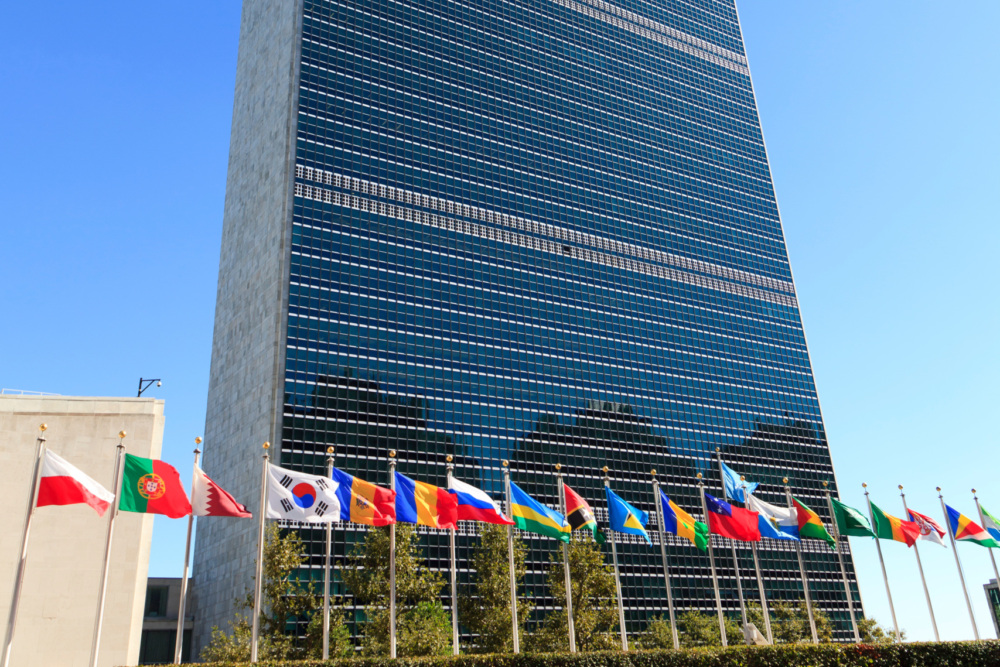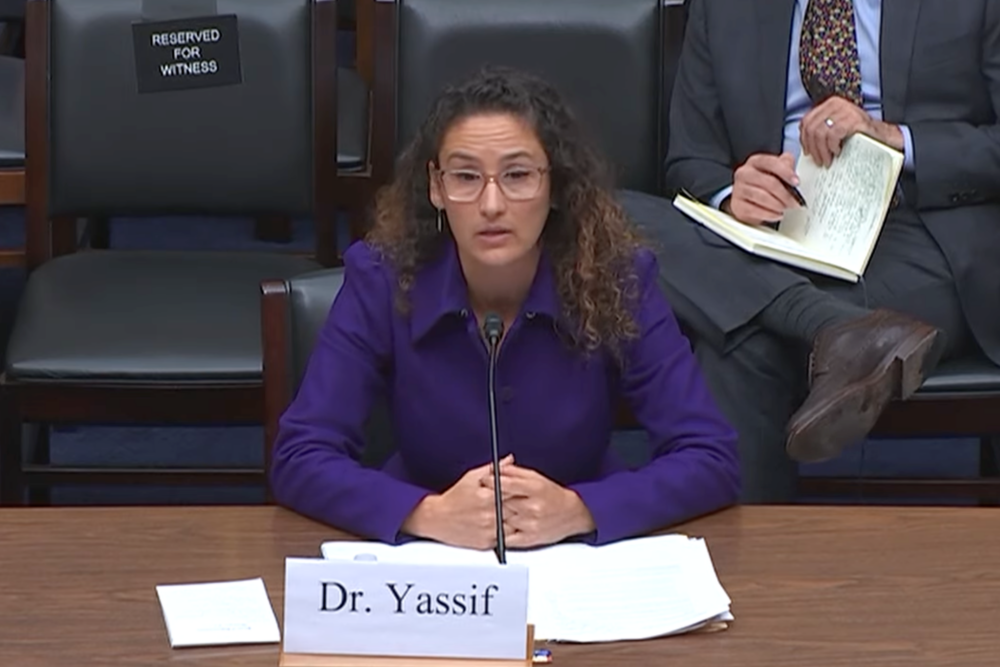Southeast Asian Nations Conduct Joint Exercise in Cambodia to Improve Flu Pandemic Response
SIEM REAP, Cambodia – Senior government officials from six Southeast Asian countries today completed a first-ever simulation exercise designed to test responses to a pandemic influenza emergency. Using techniques similar to those in modern war-gaming, the tabletop exercise was designed to foster cooperation among countries in the Mekong Basin Disease Surveillance Network (MBDS), the region seen as the most likely source of a potentially devastating flu pandemic such as avian flu. The exercise also helped identify gaps and weaknesses in systems for detecting, monitoring, tracking and containing the deadly disease.
Senior officials from the governments of Cambodia, China, Vietnam, Laos, Myanmar and Thailand – including officials from the ministries of health, foreign affairs, agriculture, tourism and security as well as representatives from the UN, UNICEF, UNSIC, UNOCHA and a regional institution — participated today and yesterday in the exercise, which they designed and ran in collaboration with health specialists from the RAND Corporation. The event was sponsored by the Nuclear Threat Initiative’s Global Health and Security Initiative, with additional funding from the U.S. Centers for Disease Control and Prevention and the Rockefeller Foundation. The exercise is a component of the MBDS, which was developed with support from the Rockefeller Foundation.
“A disease outbreak on one continent can be on another in a day. In a global economy, national borders are no defense against the spread of disease,” said former Senator Sam Nunn, co-chairman of the Nuclear Threat Initiative. “Finding gaps now in disease monitoring and control systems through this exercise will help us save lives in a real crisis.”
“Poor countries and populations are the most vulnerable to the current avian flu outbreaks, and likely to suffer most in the event of human-to-human transmission,” said Judith Rodin, President of the Rockefeller Foundation. “Our investments in this region have focused for the last several years on promoting greater inter-country collaboration in planning, surveillance and response.”
Under this project, the countries have already held in-country exercises; this week’s exercise tested their preparedness as a region. Exercise participants responded to a plausible scenario involving a flu virus that threatens to spread into a pandemic. The MBDS member countries share land borders crossed daily by thousands of people, making the control of communicable disease a major logistical challenge. The cornerstone of disease control begins with “surveillance” – the close tracking of an influenza threat from the point at which a new virus is detected and the development of an accurate picture of how it could spread.
The exercise responds to growing international pressure on governments to develop and implement means of detecting and responding rapidly to potentially pandemic diseases. MBDS member countries understand that pandemic flu, if not contained, could quickly overwhelm the already limited capabilities of the regional health care system by flooding hospitals with infected patients and, potentially, by disabling health care workers. Recent experience has underscored the danger not only to the overall population, but to the region’s economy as well.
RAND specialists worked with public health officials in each country to design the exercise to test the effectiveness of disease surveillance and response within each of the participating countries as well as across the region. Once a potentially threatening disease was pinpointed, the exercise examined the ability of responders to contain disease, protect their medical and public health workers, plan for medical surge, the quality of operational planning, communication among governments and with the public in multiple countries and through the media.
The MBDS Network was established in 1999 with support from the Rockefeller Foundation and the World Health Organization to encourage sharing of information on disease outbreaks and to develop the ability to respond effectively. A memorandum of understanding among the six participating countries followed in 2001. This week’s event marks the first time that MBDS countries have joined forces in an exercise highlighting the need for shared action in response to these fast-moving diseases.
NTI’s Global Health and Security Initiative works through innovative partnerships worldwide to address the threat of natural pandemics, accidental outbreaks from laboratories and use of biological agents as a weapon. GHSI’s efforts seek to improve disease detection and response and to promote safe practices in biomedical science to secure dangerous pathogens and prevent the misuse of biotechnology information.
The Rockefeller Foundation was established in 1913 by John D. Rockefeller, Sr., to "promote the well-being" of humanity by addressing the root causes of serious problems. With assets of more than $3.5 billion, it is one of the nation's largest private foundations. The Foundation works internationally to expand opportunities for poor and vulnerable people and to help ensure that the benefits of globalization are shared more widely.
###




